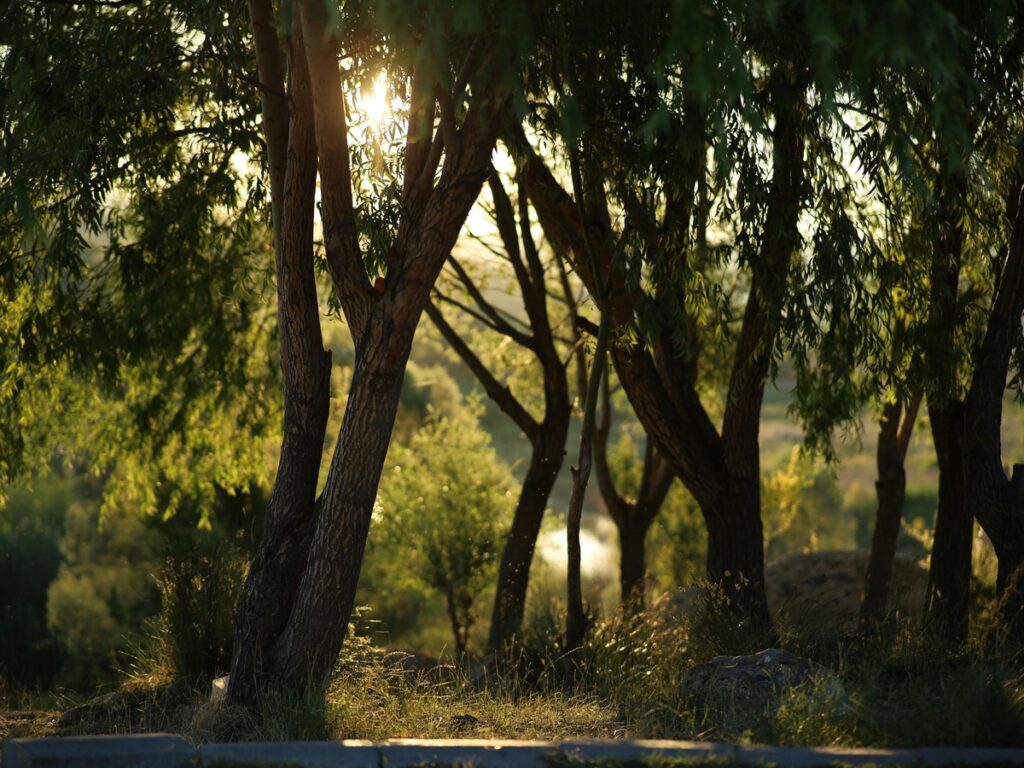Protecting and restoring nature and ecosystems touches the very lifeblood of our societies and economies. Nature and ecosystems make up our life support system, and without conscious efforts to protect and restore nature, the economic system will erode step by step. By the Declaration of the UN Decade on Ecosystem Restoration in 2021, governments have recognized the need to prevent, halt and reverse the degradation of ecosystems worldwide for the benefit of both people and nature. A 10-year drive for restoration was called upon to speed up action for reaching the goals of the Paris Agreement, and the Sustainable Development Goals.
The need to increase the understanding of and develop technology and methods for ecosystem restoration is great, not least in low- and middle-income countries. In many regions, e.g., Africa, environmental destruction and the depletion of natural resources are occurring rapidly. Poverty is widespread, and opportunities for alternative income are limited. Climate change is increasingly evident, driving inequalities and increasing people’s vulnerability.
To spread knowledge about the challenges the world is facing—and to increase understanding about possible action, the Royal Academy of Forestry and Agriculture (KSLA) together with SIANI invites you to a webinar on Ecosystem Restoration in Stockholm. The purpose of the meeting is to present efforts planned and implemented in different geographical regions by a selection of actors. Representatives of organizations, companies, authorities, and academia are invited to the seminar to give an account of how they work on issues related to the preservation of ecosystems and how the restoration work can be carried out.
Programme
- Moderators: Olof Linden och Madeleine Fogde
11.00 INTRODUCTION – Peter Normark (Academy Secretary)
11.05 GLOBAL OVERVIEW
– How do we protect and regenerate nature – our life-supporting system? – Anders Wijkman (Honorary President of the Club of Rome)
– The importance of ecosystem restoration within Swedish development aid – Jakob Granit (Director General, Sida)
– The decade for ecosystem restoration, achievements and foresight – Natalia Alexeeva (Dr., Coordinator of the UN Decade of Ecosystems)
– Imagining increased cooperation among the Rio conventions – Clarisse Kehler Siebert (Swedish EPA, Co-Chair for the Bern synergies process for cooperation among MEAs)
– The G20 Initiative focuses on conserving land and halting habitat loss, fragmentation, and degradation, promoting integrated sustainable land and landscape management, and restoring degraded land – Muralee Thumarukudy (Director, UNCCD)
Q&A
12.00 GLOBAL EXAMPLES AND EXPERIENCES
– A contextual presentation on some basic challenges and opportunities in Tanzania and neighbouring countries. Moving from COP commitments to practices on the ground has many obstacles – August Temu (Professor Sokoine University of Agriculture College of Forestry Wildlife and Tourism)
– Restore4more research on restoring degraded drylands in Sub-Saharan Africa – Aida Bargués Tobella (Researcher, Department of Forest Ecology and Management, SLU)
Q&A
– The largest mangrove restoration program in the world: The restoration of mangrove forests in the Niger Delta: Theory and practice – Nenibarini Zabbey (Professor, Project Coordinator HYPREP)
– Restoration of seagrass beds in tropical and temperate systems: a review of initiatives and challenges – Johan Hollander (Professor, World Maritime University)
Q&A
13.20 CLOSING REMARKS
